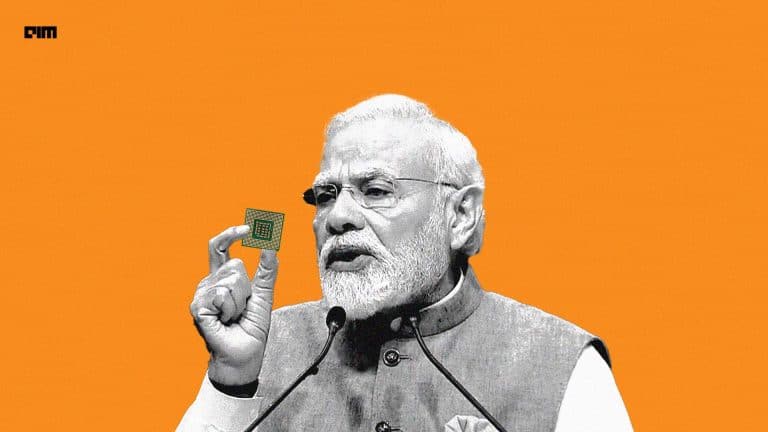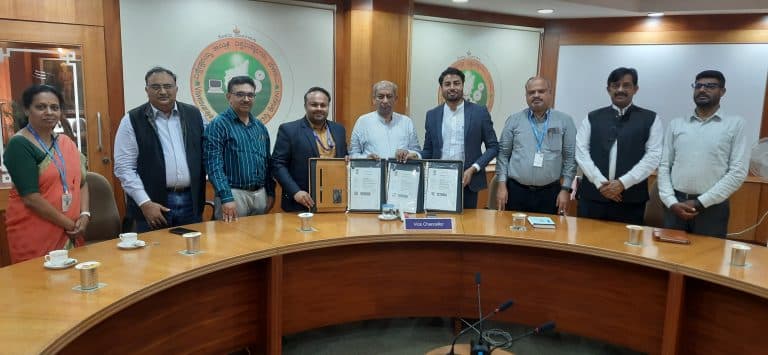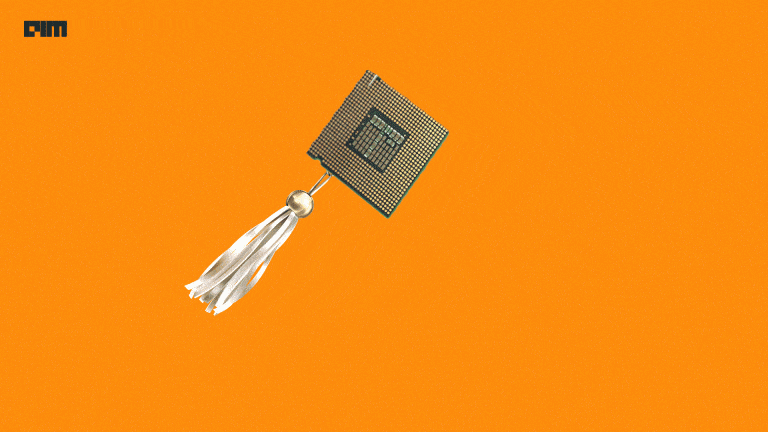In the recent Union Budget 2024, the central government increased the estimate for setting up semiconductor fabs in India from INR 12.51 crore to INR 1,500 crore. This is in addition to the INR 6,903 crore earmarked for semiconductor and display manufacturing.
The commitment has paved the way for India to achieve its dream of becoming the semiconductor capital of the world, and a possible way for us to catch up is by accelerating manufacturing. A potential solution could also be the implementation of digital twins.
Why Digital Twin in Manufacturing?
“Extended to vast scales, a digital twin is a virtual world that’s connected to the physical world,” said NVIDIA chief Jensen Huang.
Digital twins act as virtual replicas of the physical systems, thereby providing a platform that helps train systems before the actual production. In the process, digital twins assist in reducing costs, time, and effort that would be needed to optimise production workflows.
Last year, at a tech summit in Bengaluru, Microsoft showcased what an assembly line or a manufacturing plant would look like with HoloLens. In the process, it painted a picture of how the digital world will help scale manufacturing.
India currently has one existing semiconductor facility (Micron in Sanand) and three newly approved facilities at Dholera in Gujarat, Morigaon in Assam, and another one in Sanand, Gujarat. While plans are in place, full-fledged manufacturing will take time to come to fruition. This is something, which can probably be expedited with digital twins.
While India looks to find its way, companies such as Intel and NVIDIA, are going big on creating digital twin setups for semiconductor and other industries.
Big Tech and Digital Twin
Samsung is set to launch an NVIDIA Omniverse-based Fab Digital Twin for simulating fab architecture and semiconductor manufacturing, potentially the first to achieve smart factory Level 5. The platform will pilot next year, showcasing various use cases in planning and simulation.
Furthermore, NVIDIA’s Aerial Omniverse Digital Twin for 6G will be able to create accurate simulations for 6G systems, proving to be a crucial factor for AI integration testing.
Interestingly, Intel is not far behind, as the company signed an MoU with Siemens last year to collaborate on the digitalisation of its wafer fabs using digital twin technology.
Recently, the US government invested $285 million to enhance digital twin technology in semiconductor manufacturing. This funding aims to advance the development and application of these virtual models in the industry.
India, The Favoured Capital
While the logistics and workaround for setting up fab units are ongoing, the country is already a favoured destination for the chip industry. US-headquartered chip company SiMa AI has chosen India as its strategic market despite China being the largest semiconductor market in the world.
In December 2021, the Indian government launched the India Semiconductor Mission that announced an INR 76,000-crore chip incentive scheme that offers a 50% subsidy on expenditure for plant development.
Meanwhile, Tesla is said to have partnered with Tata Electronics to buy semiconductor chips for its global operations.
With the burgeoning pace at which the semiconductor industry is developing in India, it won’t be long before India could possibly emerge as the semiconductor capital of the world.
Digital Twins for the World
While semiconductor companies have found ways to expedite manufacturing processes with digital twins, the concept is being heavily implemented across other sectors too. For instance, space tech, which involves exorbitant cost, resources and most importantly, time, is already solving these with digital twins.
Recently, Declan Ganley, the founder and CEO of Rivada Space, told AIM how tasks that took 50 days five years ago can now be accomplished in a day with digital twins in satellite technology.
Fujitsu, which is already in the semiconductor market, is working on creating digital twins for other verticals. They are in the process of developing ‘Ocean Digital Twin’ using AI and underwater drone data.
The company is looking to promote marine conservation, carbon neutrality and biodiversity through this digital twin. It is also working with Carnegie Mellon University to develop AI-powered digital twin technology with traffic data from Pittsburgh.
It is clear that robotics, especially autonomous vehicles, has one of the largest use cases for digital twins and simulated reality in their training, and in bring AI to the physical world.
































